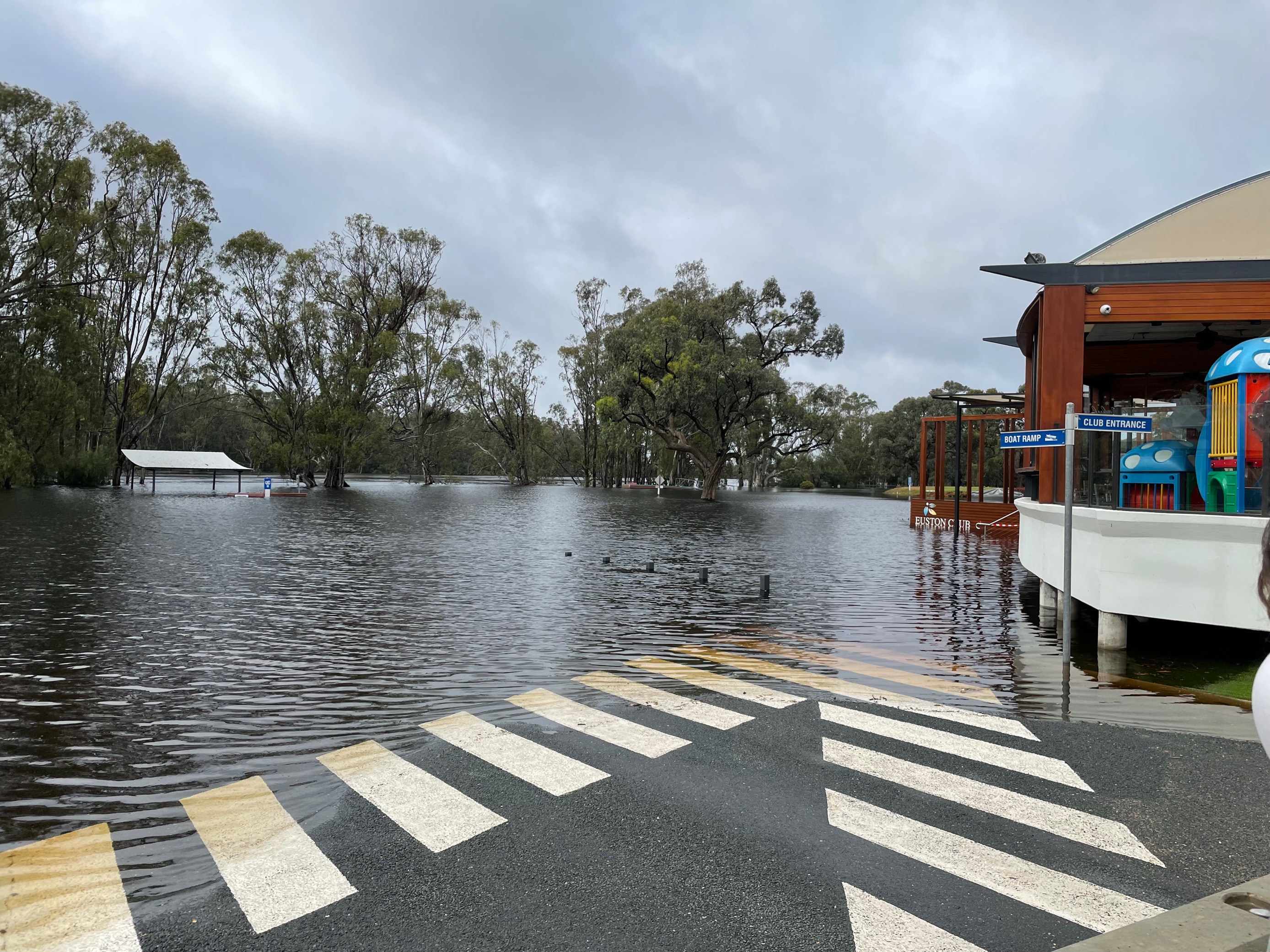On this page
Young people must be actively involved in disaster resilience and recovery within their communities. Disasters, such as the Flood Event, cause unique challenges for young people.
Unfortunately, as highlighted in YACVic's submission to the Parliamentary Inquiry into the 2022 Flood Event in Victoria, during the Flood Event young people were not prioritised as a key cohort who could take action and needed targeted supports.
Our submission focuses on the unique effects of the Flood Event on young people and youth workers in rural and regional areas, and recommendations for new approaches. It draws from surveys and consultations with young people and workers undertaken by YACVic, and also builds on other disaster-related evidence which calls for young people’s active involvement and decision making in prevention, planning, action, and recovery.
Recommendations
Services and supports
Recommendation 1
Have a long-term, preventative, co-designed focus on infrastructure for future disasters including through:
- Flood plans.
- Levee banks.
- Roads maintained and repaired efficiently.
- Public transport accessibility in rural and regional areas.
- Coordinated and timely evacuation and preparation for disasters, including farms.
Recommendation 2
Lower the age to be eligible for a driver’s licence to align with all other states(i.e. Provisional licence at 17 years). Consider lifting the restriction on the number of passengers who can be carried by provisional drivers in rural and regional areas, at least during daylight hours and during disaster events.
Recommendation 3
Provide more disaster recovery payments for those directly and indirectly affected by floods and natural disasters. Ensure this is easily accessible, and has broader eligibility than payments offered in this Flood Event.
Housing
Recommendation 4
Increase access to affordable and safe housing in the long term, especially for young people, to ensure during disasters emergency accommodation services are not overburdened.
Recommendation 5
Increase access to crisis accommodation, especially during disaster events, and ensure crisis accommodation is appropriate and easily accessible for young people seeking accommodation as individuals, as well as young people who are part of a family unit.
Recommendation 6
Ensure those in crisis housing are supported long-term and with wraparound supports as needed, such as referral to trauma-informed youth service provision and other identified needs. Crisis housing services should have resourcing to support the assessment of needs and referral into existing supports.
Food
Recommendation 7
Increase availability and distribution of resources, including food and food vouchers, free meals, and shower packs. Understand who has been affected, where and how, and who is the most vulnerable to receive this support urgently. This information should be sought by speaking to community members and organisations with local knowledge.
Health and mental health
Recommendation 8
Increase access to free mental health services in rural and regional areas, not limiting services to flood recovery periods, with a focus on mental health support for young people.
Recommendation 9
Expand the Doctors in Secondary Schools to allow for the increase in demand for services, including via telehealth. Support community health services to employ and support a GP who can work across several schools.
Youth and community supports
Recommendation 10
Create dedicated roles for young people on all Local Government disaster planning committees, to bring their unique experiences and perspectives to decision making in their communities. This includes providing more networking opportunities between council areas to create a stronger community support network, with young people represented through meetings and processes.
Recommendation 11
Support young people to build support networks and have social connectedness before, during and after disasters to reduce risk of isolation and as a mental health protective factor. Provide funding for young people to undertake alternative social activities when their usual options have been affected by the disaster.
Recommendation 12
Provide funding for more youth workers through all stages of disaster preparedness and recovery, to ensure timely and trusted outreach and wraparound support.
Recommendation 13
Improve communication in the lead-up to a flood event, with more comprehensive warning systems and consistent messages from all emergency services and organisations. Ensure communication is credible, relevant and accessible (both format and channels) for young people and distributed through communities.
Recommendation 14
Provide centralised, youth-friendly support services which are promoted and available to young people in their area during disaster events.
Recommendation 15
Improve communication about which areas have been affected, to inform distribution of essentials to people on the ground.
Recommendation 16
Ensure community groups have resources to support and provide information updates in disaster events, including advocating for community needs. Support community services and groups to access support for services and grants available.
Educational supports
Recommendation 17
Provide students completing exams with options to complete exams off campus when they are prevented from attending in-person.
Recommendation 18
Support students to take time off from school during disaster events, to support themselves, their families and communities.
Recommendation 19
Support schools to distribute accurate and timely information about the disaster, and supports available to young people and their communities.




